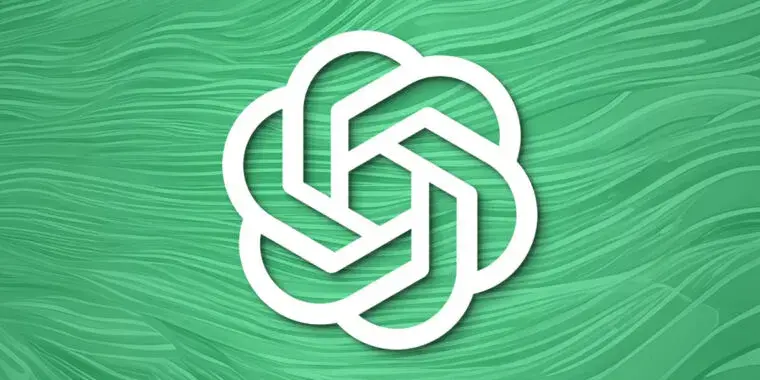- cross-posted to:
- technology@lemmy.zip
Apparently, stealing other people’s work to create product for money is now “fair use” as according to OpenAI because they are “innovating” (stealing). Yeah. Move fast and break things, huh?
“Because copyright today covers virtually every sort of human expression—including blogposts, photographs, forum posts, scraps of software code, and government documents—it would be impossible to train today’s leading AI models without using copyrighted materials,” wrote OpenAI in the House of Lords submission.
OpenAI claimed that the authors in that lawsuit “misconceive[d] the scope of copyright, failing to take into account the limitations and exceptions (including fair use) that properly leave room for innovations like the large language models now at the forefront of artificial intelligence.”



Perhaps a fair compromise would be doing away with copyright in its entirety, from the tiny artists trying to protect their artwork all the way up to Disney, no exceptions. Basically, either every creator has to be protected, or none of them should be.
IMO the right compromise is to return copyright to its original 14 year term. OpenAI can freely train on anything up to 2009 which is still a gigantic amount of material while artists continue to be protected and incentivized.
I’m increasingly convinced of that myself, yeah (although I’d favour 15 or 20 years personally, just because they’re neater numbers than 14). The original purpose of copyright was to promote innovation by ensuring a creator gets a good length of time in which to benefit from their creation, which a 14-20 year term achieves. Both extremes - a complete lack of copyright and the exceedingly long terms we have now - suppress innovation.
Another neat number is: 4.
That’s it, if you don’t make money on your creation in 4 years, then it’s likely trash anyway.
I’ve said it before and I’ll say it again! (My apologies if it happens to be to the same person, lol)
Early access developers in shambles!
that would mean governments prosecuting all offences, which is not going to happen. I doubt any country would have enough resources for doing that